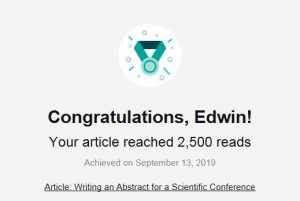 Last Friday ResearchGate informed us that ‘Writing an Abstract for a Scientific Conference’ [1] published by three Bournemouth University (BU) scholars (Prof. Vanora Hundley, Dr. Bibha Sinkhada and Prof. Edwin van Teijlingen and a BU Visiting Professor (Prof. Padam Simkhada) had reached 2,500 reads.
Last Friday ResearchGate informed us that ‘Writing an Abstract for a Scientific Conference’ [1] published by three Bournemouth University (BU) scholars (Prof. Vanora Hundley, Dr. Bibha Sinkhada and Prof. Edwin van Teijlingen and a BU Visiting Professor (Prof. Padam Simkhada) had reached 2,500 reads.  This paper is one of a series of articles BU academics have published on several aspects of academic writing and scientific publishing. The range of publications includes issue such as: predatory publishers, authors earning from copyright; finding the best title for your paper, and issues of authorship [2-13]. These are great resources for budding academic writers, especially as nearly are Open Access publications and hence freely available across the world.
This paper is one of a series of articles BU academics have published on several aspects of academic writing and scientific publishing. The range of publications includes issue such as: predatory publishers, authors earning from copyright; finding the best title for your paper, and issues of authorship [2-13]. These are great resources for budding academic writers, especially as nearly are Open Access publications and hence freely available across the world.
Other useful BU resources include the work by Dr. Kip Jones, such as his blogs on Organising & Writing a PhD thesis or his advice on Writing Blogs. Another great BU resource is the online publication by Dr. Miguel Moital, who wrote the e-book Writing Dissertations & Theses: What you should know but no one tells you, where he shares valuable practical information about the process of writing academic work, notably dissertations. The book starts with explaining the six criteria, expressed in the form of 6 ‘C’s, required to produce high quality dissertations: Confined, Corroborated, Critical, Coherent, Concise and Captivating. The e-book then goes on to share a range of ‘tips and tools’ which contribute to fulfilling the 6 Cs. 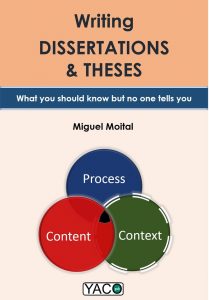
Moreover, it is also worth pointing out that there are some great web resources on writing and publishing produced by BU Library staff, for example on plagiarism; academic writing; or how to cite references.
Prof. Edwin van Teijlingen
Centre for Midwife
References
- Simkhada, P., van Teijlingen E., Hundley, V., Simkhada, BD. (2013) Writing an Abstract for a Scientific Conference, Kathmandu Univ Med J 11(3): 262-65. http://www.kumj.com.np/issue/43/262-265.pdf
- van Teijlingen, E, Hundley, V. (2002) Getting your paper to the right journal: a case study of an academic paper, J Advanced Nurs 37(6): 506-11.
- Pitchforth, E, Porter M, Teijlingen van E, Keenan Forrest, K. (2005) Writing up & presenting qualitative research in family planning & reproductive health care, J Fam Plann Reprod Health Care 31(2): 132-135.
- Kretschmer, M., Hardwick, P. (2007) Authors’ earnings from copyright and non-copyright sources: A survey of 25,000 British and German writers, Bournemouth: Bournemouth University, Centre for Intellectual Property Policy & Management.
- van Teijlingen, E, Simkhada, PP, Rizyal A (2012) Submitting a paper to an academic peer-reviewed journal, where to start? (Guest Editorial) Health Renaissance 10(1): 1-4.
- van Teijlingen, E, Simkhada. PP, Simkhada, B, Ireland J. (2012) The long & winding road to publication, Nepal J Epidemiol 2(4): 213-215 http://nepjol.info/index.php/NJE/article/view/7093/6388
- Hundley, V, van Teijlingen, E, Simkhada, P (2013) Academic authorship: who, why and in what order? Health Renaissance 11(2):98-101 www.healthrenaissance.org.np/uploads/Download/vol-11-2/Page_99_101_Editorial.pdf
- Simkhada P, van Teijlingen E, Hundley V. (2013) Writing an academic paper for publication, Health Renaissance 11(1):1-5. www.healthrenaissance.org.np/uploads/Pp_1_5_Guest_Editorial.pdf
- van Teijlingen, E., Ireland, J., Hundley, V., Simkhada, P., Sathian, B. (2014) Finding the right title for your article: Advice for academic authors, Nepal J Epidemiol 4(1): 344-347.
- van Teijlingen E., Hundley, V., Bick, D. (2014) Who should be an author on your academic paper? Midwifery 30: 385-386.
- Hall, J., Hundley, V., van Teijlingen, E. (2015) The journal editor: friend or foe? Women & Birth 28(2): e26-e29.
- Sathian, B., Simkhada, P., van Teijlingen, E., Roy, B, Banerjee, I. (2016) Grant writing for innovative medical research: Time to rethink. Med Sci 4(3):332-33.
- Pradhan, AK, van Teijlingen, ER. (2017) Predatory publishing: a great concern for authors, Med Sci 5(4): 43.
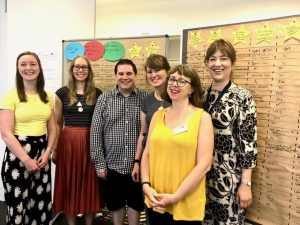

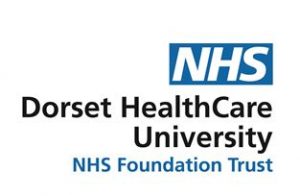
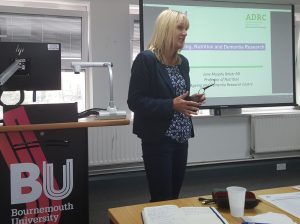
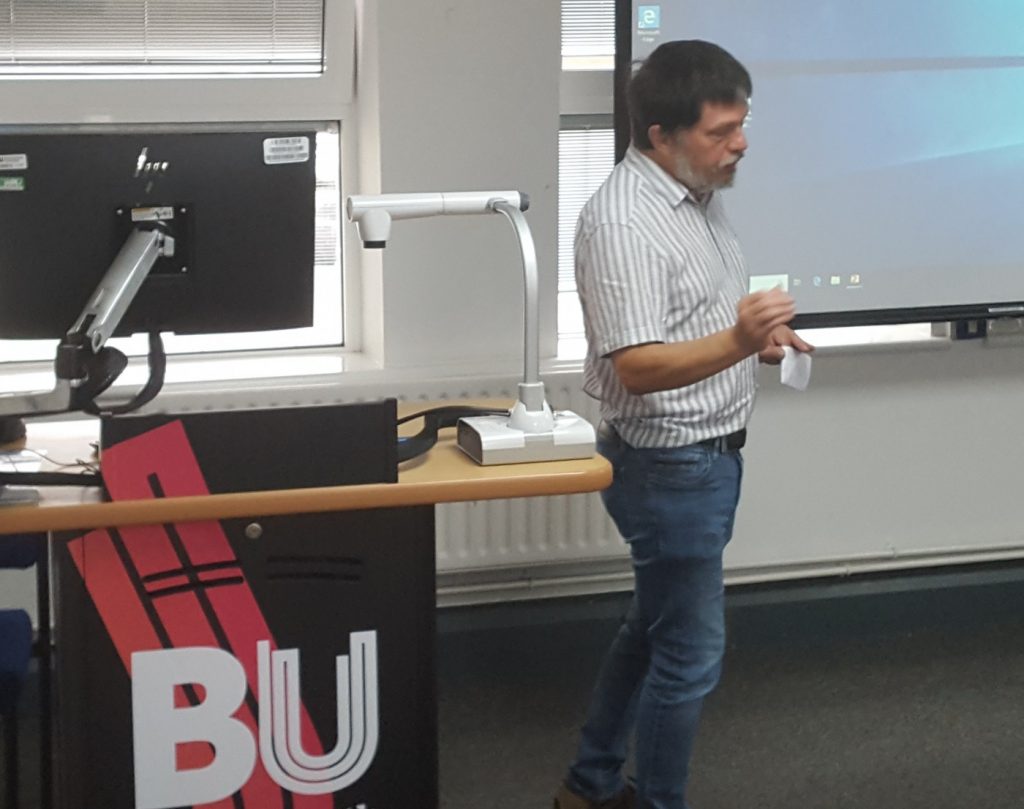
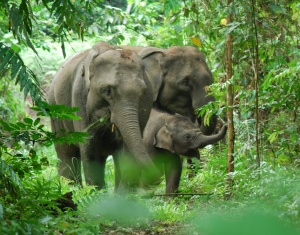
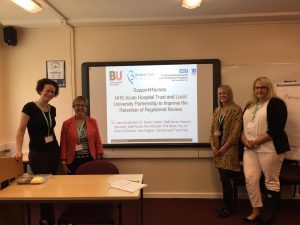

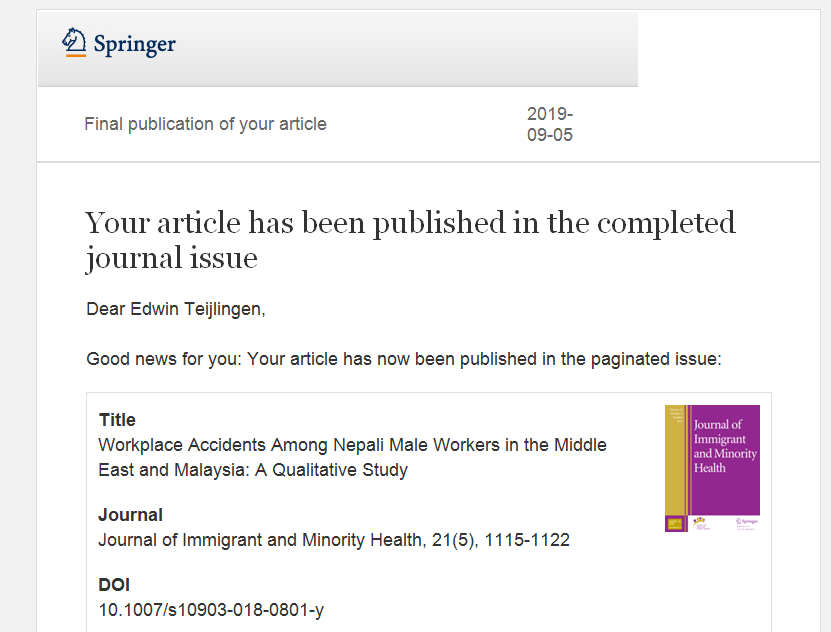
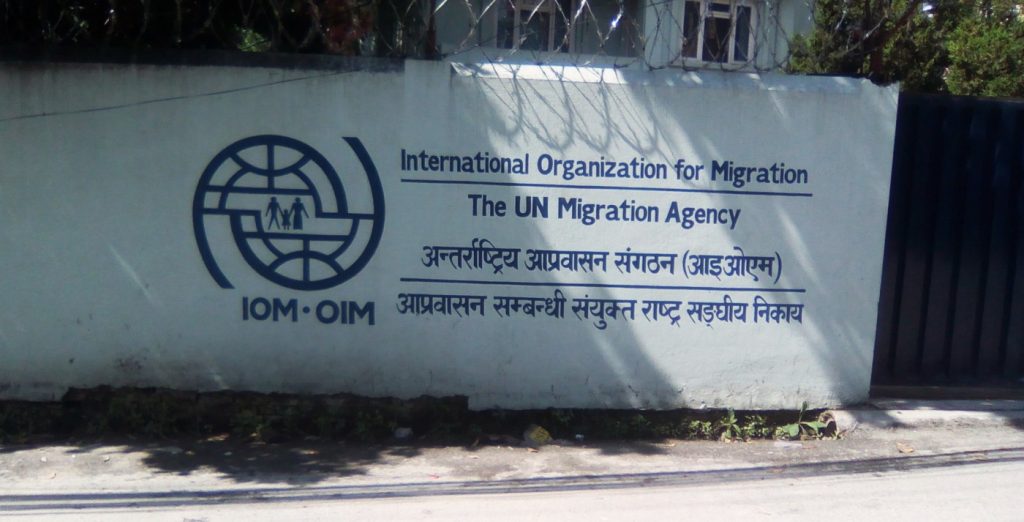
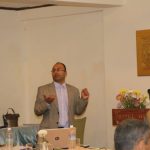
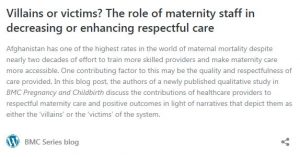
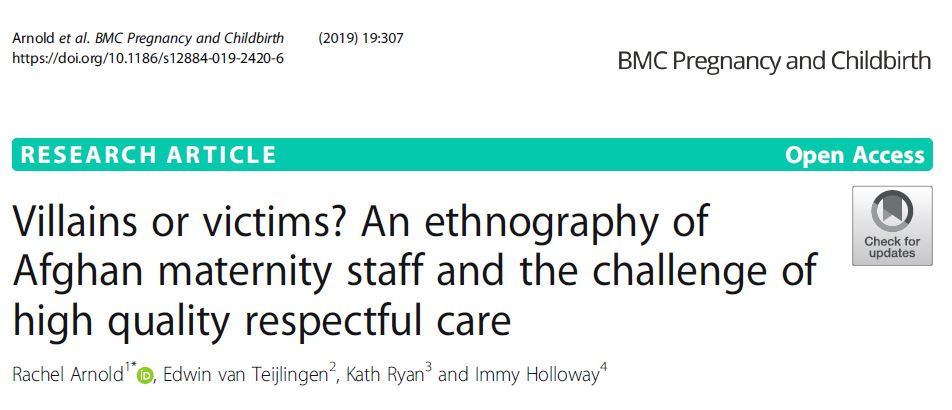
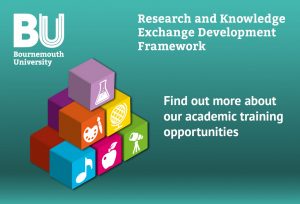
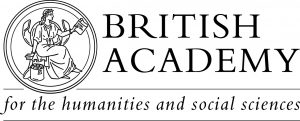
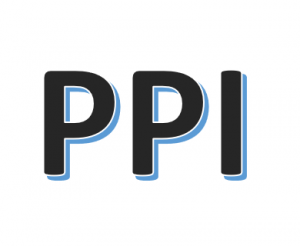
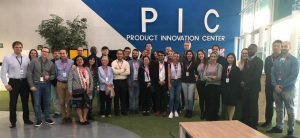
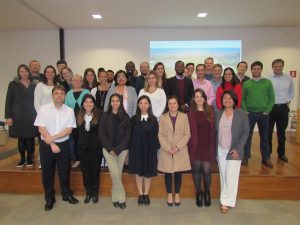
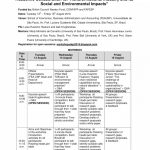
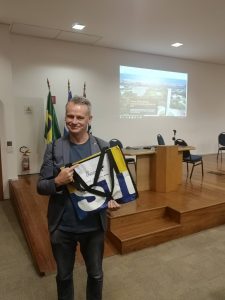

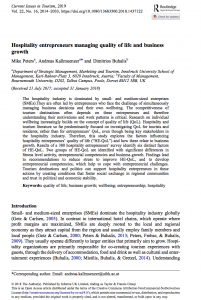












 FHSS academics teaching in Nepal
FHSS academics teaching in Nepal New weight change BU paper
New weight change BU paper One week to go! | The 16th Annual Postgraduate Research Conference
One week to go! | The 16th Annual Postgraduate Research Conference Geography and Environmental Studies academics – would you like to get more involved in preparing our next REF submission?
Geography and Environmental Studies academics – would you like to get more involved in preparing our next REF submission? Congratulations to three former BU staff
Congratulations to three former BU staff MSCA Staff Exchanges 2024 Call – internal deadline
MSCA Staff Exchanges 2024 Call – internal deadline Applications are now open for 2025 ESRC Postdoctoral Fellowships!
Applications are now open for 2025 ESRC Postdoctoral Fellowships! Horizon Europe – ERC CoG and MSCA SE webinars
Horizon Europe – ERC CoG and MSCA SE webinars MaGMap: Mass Grave Mapping
MaGMap: Mass Grave Mapping ERC grants – series of webinars
ERC grants – series of webinars